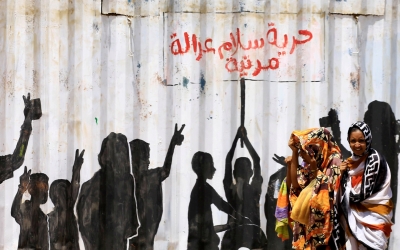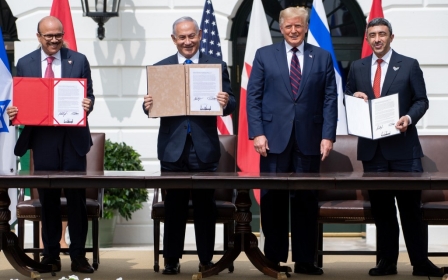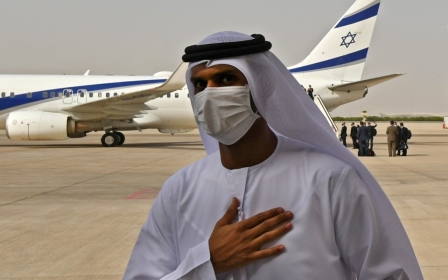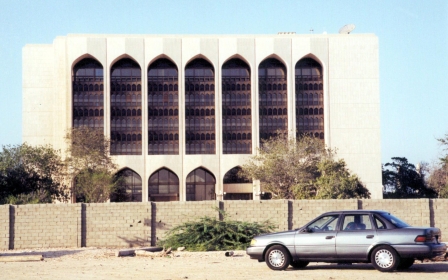Abu Dhabi abolishes permit system for alcohol purchase
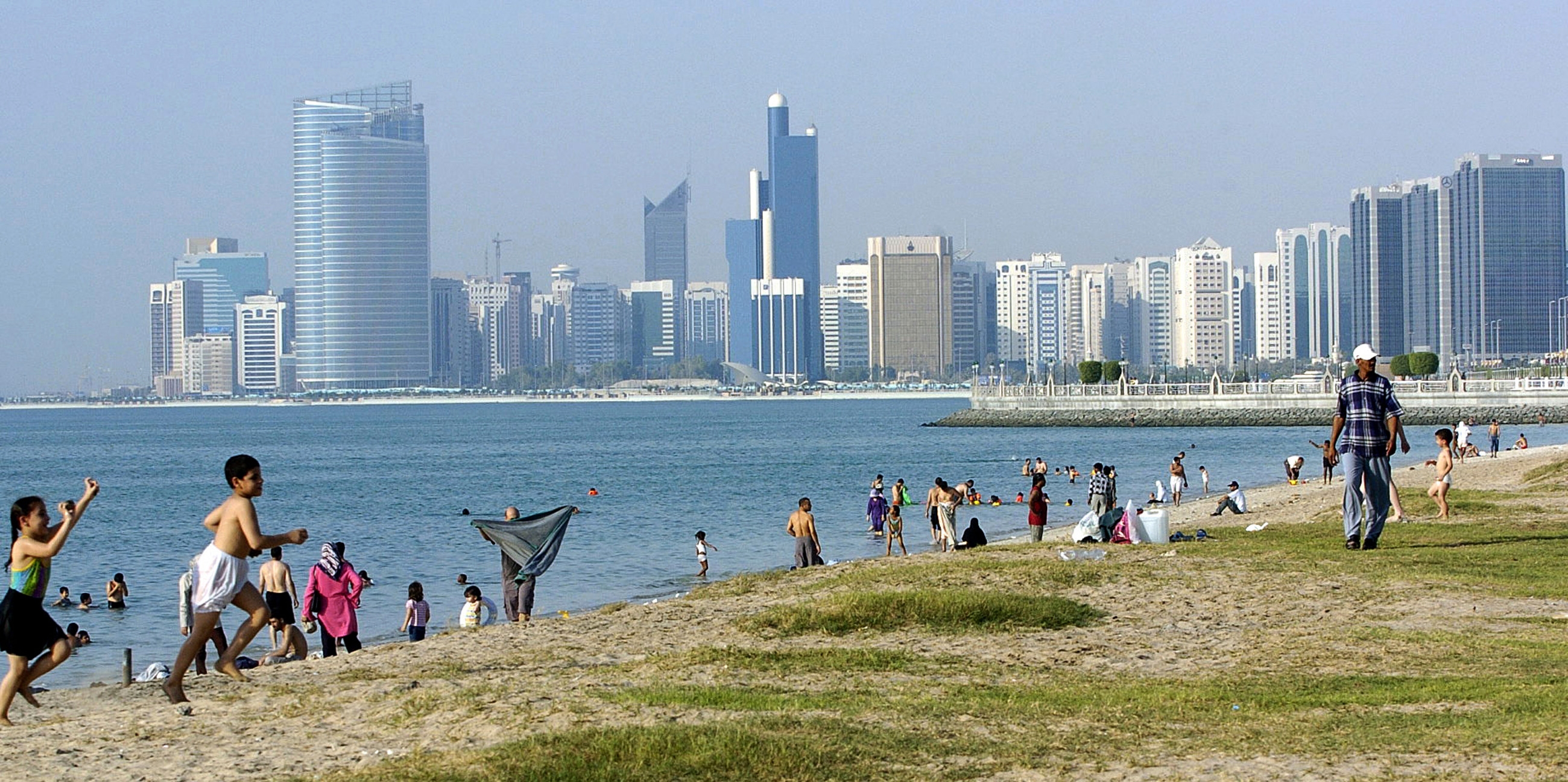
Abu Dhabi has abolished the permit system for the purchase and consumption of alcohol, following in the footsteps of Dubai.
Previously, people wishing to purchase alcoholic beverages in the conservative emirate would have to, at least in principle, present a permit that proved they were allowed to do so.
The directive from the Department of Culture and Tourism, dated 15 September and seen by AFP on Tuesday, said that buyers must be at least 21 years of age, that the alcohol must not be re-sold and that it should be consumed in a private home or an authorised place such as a club.
'We are announcing the cancellation of permits for alcohol and residents and tourists will have the right to buy it in authorised stores'
- Abu Dhabi's culture and tourism department
"We are announcing the cancellation of permits for alcohol and residents and tourists will have the right to buy it in authorised stores," said the statement.
It did not specify whether Muslims were forbidden to buy alcohol or not. Formerly, Muslims were not permitted to acquire an alcohol licence.
The changes came as both Dubai and Abu Dhabi, among seven emirates in the United Arab Emirates federation, sought to rebuild their tourism industries after the coronavirus shutdown, and also prepare for visitors from Israel, following a landmark deal to normalise relations.
According to market research firm Euromonitor International, overall sales of alcohol by volume in the UAE fell in 2019 to 128.79 million litres, down around 3.5 percent from the 133.42 million litres sold in 2018.
Sales in 2019 were down nearly nine percent from 2017, when they stood at 141.51 million litres.
The directive ended a legal grey area in the emirate. Although liquor stores in Abu Dhabi did not usually ask for permits to sell alcohol, sales were technically still subjected to those rules.
In Dubai, stores were required to ask residents or tourists to show a permit before selling alcohol, but bars and restaurants did not require patrons to produce the document.
Earlier this year, Dubai also relaxed the permit system, making it easier for residents to acquire one by removing the requirement to obtain a "certificate of no objection" from their employer.
Residents needed only to fill out a basic form, present their identity card and pay 270 dirhams ($74) to obtain the permit. Tourists could get a temporary licence by showing their passport and visas at the store.
The emirate has also legalised home delivery of beer, wine and spirits.
However, Muslims still could not apply for an alcohol permit in Dubai.
The sale of alcohol is permitted in six of the seven emirates in the UAE, but is prohibited in conservative Sharjah, which remained "dry", with no pubs or bars.
Public intoxication and drink-driving are strictly banned across the country.
Middle East Eye propose une couverture et une analyse indépendantes et incomparables du Moyen-Orient, de l’Afrique du Nord et d’autres régions du monde. Pour en savoir plus sur la reprise de ce contenu et les frais qui s’appliquent, veuillez remplir ce formulaire [en anglais]. Pour en savoir plus sur MEE, cliquez ici [en anglais].


